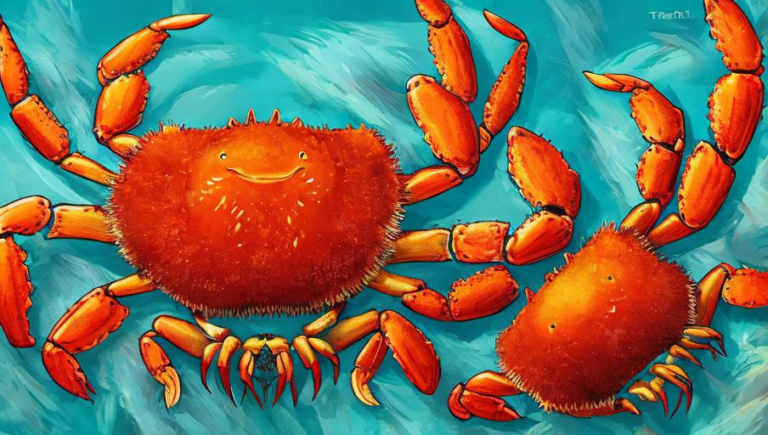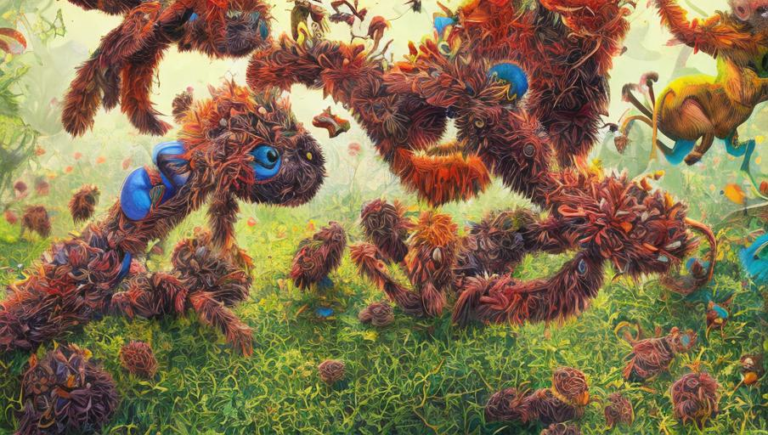Q is for Quarrelsome: The Misunderstood Temperament of Donkeys

Introduction
Donkeys are often seen as stubborn animals with a short temper. While this reputation is somewhat founded in truth, donkeys are actually gentle and loyal creatures. Contrary to popular belief, donkeys are not naturally quarrelsome; rather, they can be quite sensitive and easily startled. With proper care and training, donkeys can be loyal and intelligent companions.
History and Domestication
Donkeys were first domesticated over 6,000 years ago in the Middle East and have since been used in a variety of ways. Donkeys have been used as beasts of burden to help transport goods and people, for herding other animals, and for agricultural work. Donkeys are still used in these ways today, particularly in developing countries.
Behavior and Temperament
Donkeys have a reputation for being stubborn and difficult to work with, but this is not always the case. Donkeys have a natural aversion to stress, and if they are not given the proper time and care to get used to a situation, they can become frightened and resistant. Donkeys are also highly social animals and prefer to live in herds. If a donkey is separated from its herd, it can become anxious and stressed.
Donkeys are also sensitive to loud noises and sudden movements. If startled, they can become frightened and run away. For this reason, it is important to treat donkeys gently and patiently, to give them time to become accustomed to their surroundings and to the people around them.
Training
Donkeys can be trained to carry out a variety of tasks, from carrying goods and people to working in agricultural fields. Donkeys are intelligent and can learn quickly, but they must be handled with patience and care. Training should begin when the donkey is young, and should focus on building trust and mutual understanding between the donkey and its handler.
Donkeys can also be trained to pull carts and carriages, and can even be taught to drive. This type of training requires more patience and skill, as it is more complicated than simply teaching the donkey to carry a load. With the right training, donkeys can become loyal and willing companions.
Care and Management
As with any animal, donkeys need proper nutrition and health care. Donkeys should be fed a balanced diet that is appropriate for their size and activity level, and they should be provided with fresh water and shelter. Donkeys also need regular hoof trimming, toenail care, and dental exams to ensure they remain healthy and comfortable.
Donkeys also need plenty of exercise, and should be provided with a large, open area to roam and explore. Donkeys are social creatures, and should not be kept alone. If possible, they should be kept in small herds with other donkeys.
Conclusion
Donkeys are often misunderstood creatures, but with proper care and training, they can become loyal and obedient companions. Donkeys are intelligent, gentle, and sensitive animals, and they need to be treated with kindness and patience. With the right approach, donkeys can be a great addition to any family.





